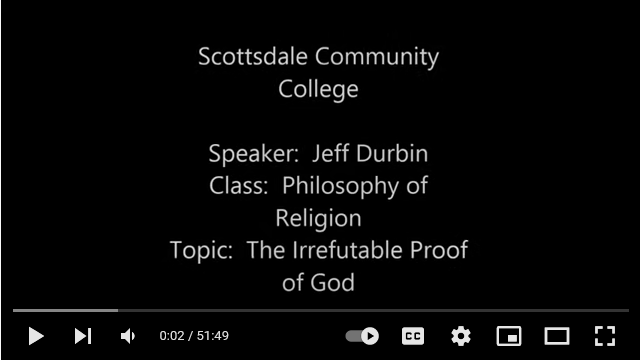Rather early in the chapter section “Truth after Metaphysics” (pp. 112-123) Penner suggests:
At this point, no doubt, many readers (if they are still reading) are nervous. It is tempting to think, Christianity necessarily trades in absolute truths and, in that sense, a Christian witness must be committed to metaphysical truth 1
I’ve been nervous since I picked up this book. Postmodernism does not treat ideas of Truth gently. Penner is kinder here than other authors I’ve been worked over by. But yes, Penner spells it out here.
…I am interested in how we think and speak about truth when we no longer think it possible to spell out exactly how our words and thoughts match up with reality,and when we believe our words and minds cannot do so exactly or exhaustively. …. My suggestion is that when we wish to talk about truth objectively, we do so in terms of truth spelled with a lowercase t —which represents the kind of finite, fallible knowledge available to us humans. This signals the best we can do from the limited perspectives we inhabit. (bolding mine; p. 115)
This seems like an enormous concession, even a surrender, if one is used to the (commonly held) belief that Christians really have a full and complete grasp of Truth. We are confident that we know the one who is Truth. Yet we do that by faith, based on limited evidence. That is something rather different from direct access to ultimate reality. We’ve always known this by its absense from our grasp. But it does feel as if Penner is giving up, giving in, by putting these words on the page.
However, I find heartening Penner’s discussion of St. Augustine’s challenges reconciling various true-sounding interpretations of Genesis. (Ironic in this neighborhood that it was Genesis.) Augustine is able to grasp that not being God himself, Augustine was only able to do his limited best with truth, and focuses on gaining “the wisdom of eternal truth.”
Penner takes this in an interesting direction on pg 117:
When God’s person is the goal of our pursuit of truth…Truth becomes virtually indistinguisable from Love, and being in the truth is synonymous with transcending ourselves in love for others.
and a bit further down the page:
Truth for Augustine is not our possession but God’s —it is, in fact, God’s person and not ever our words about God! And our passion for truth is to be in the Truth, not merely know it objectively through propositions.
I’m very interested in seeing where he takes this thought, if he takes it up again.
As always, I barely scratch the surface, but it’s a start.
1Metaphysical truth is an idea Penner develops in this sectionk in this way: [My references are NOT full quotations. To see the full text, go to p. 114]: Modern apologists believe humans grasp the full and complete truth about things as they really are. This means, roughly, that our thoughts, statements, and so on are true only if they re-preent us with things as they really are. The modern appropach to truth , in other words, is deeply metaphysical.. (p. 115)
